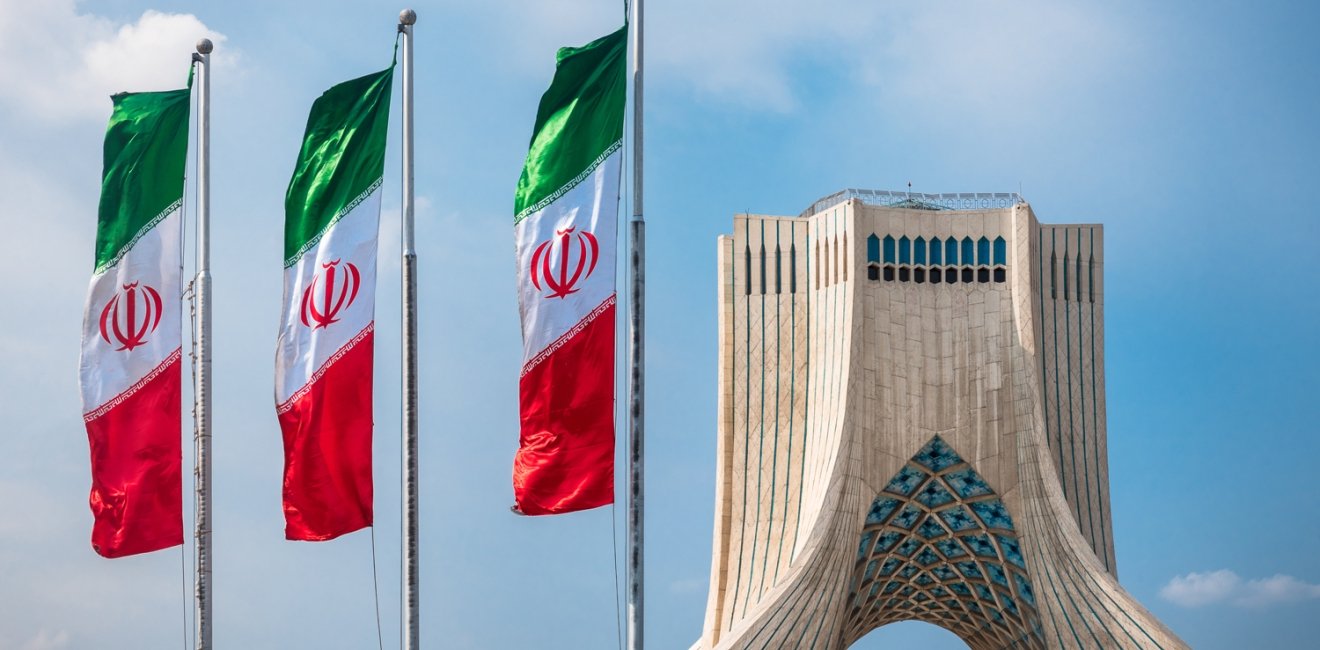Iran and the incoming Biden administration have both signaled conditional readiness to revive the now nearly defunct nuclear agreement, the JCPOA, concluded by Iran and the powers during the Obama presidency. There are steps both sides can take to make possible a successful outcome of renewed negotiations – if they take place. The Iranians are understandably anxious to see the sanctions imposed by the Trump administration lifted. These sanctions have severely damaged the Iranian economy and impoverished the Iranian people. The Iranians want that the Biden administration should rejoin the JCPOA. President-elect Biden has indicated he is willing to do so, provided Iran adheres strictly once again to the limitations on its nuclear activities and proves agreeable to strengthen and extend it and address what are termed its “destabilizing activities” in the region — a tall order, but an offer Iran should explore.
It would repay the Iranians handsomely, as a goodwill gesture, to take the first steps.
It would repay the Iranians handsomely, as a goodwill gesture, to take the first steps. Without waiting for the Biden administration to act first, the Iranians could come back into compliance with the JCPOA’s constraints on uranium enrichment, which Iran breached after President Trump withdrew the U.S. from the JCPOA, such that now their stocks are 12 times more than permitted under the agreement. Iran could also free the dual nationals who are currently serving long and unjust prison terms. These include the Iranian-American businessman, Siamak Namazi, the Iranian-American environmentalist, Morad Tahbaz, the French-Iranian anthropologist, Fariba Adelkhah, the British-Iranian Nazanin Zagari, and many others.
Such a gesture would cost Iran little, and there is a precedent: In 1981 the American hostages held in Iran were freed a few hours before Ronald Reagan was sworn in as president. A symbolic move now by Iran would signal an openness to dialogue and help create political space in Washington for the incoming Biden administration to pivot from the Trump administration’s policy of “maximum pressure.”
“Maximum pressure” followed President Trump’s withdrawal from the JCPOA, which the administration had castigated because it was confined solely to the nuclear challenge and did not address the Tehran regime’s other “malign activities.” Secretary of State Pompeo laid out comprehensive demands for a new deal, which ranged from the dismantling of its uranium enrichment program and a cessation of missile tests to the withdrawal of Revolutionary Guards from Syria and the ending of the regime’s longstanding support for Hezbollah. Iran views the Trump administration’s comprehensive demands as essentially demanding surrender.
“Maximum pressure” also had the unintended consequence of pushing Iran to further orient its trade east rather than west through barter arrangements with Russia, China, and India.
The Trump administration’s abrogation of the nuclear deal and its norm-breaking imposition of U.S. sanctions on foreign firms doing business in Iran have not diplomatically isolated the country. “Maximum pressure” also had the unintended consequence of pushing Iran to further orient its trade east rather than west through barter arrangements with Russia, China, and India. By breaching the nuclear deal’s limits on uranium enrichment and employing an asymmetrical strategy to threaten shipping in the Persian Gulf, Iran has met “maximum pressure” with its own pressure. Iran is closer to the bomb than when Trump entered office. “Maximum pressure” has failed to achieve its goals.
As the Biden administration assumes office, a priority is to bring Iran back into compliance with the constraints on its uranium enrichment program under the nuclear deal to lengthen Iran’s breakout time to a bomb. The negotiators of the JCPOA had not envisioned it as a stand-alone agreement. The intention had been to expand on the deal to address other discrete issues, not part of the original nuclear deal.
The European signatories to the JCPOA could play a vital role as Iran’s interlocutor and go-between with the Biden administration. The Europeans, French President Macron in particular, can relay to Washington what Iran is willing to place on the table and inform Tehran how far Washington is ready to meet Iranian expectations. A “JCPOA plus” could include limits on Iran’s ballistic missile program, an extension of the nuclear deal’s “sunset provisions", and discussion of Iran’s support for regional proxies (perhaps beginning with Yemen).
Though relations between Washington and Tehran have reached a new low, with a complete breakdown in trust, neither side wants armed conflict.
If a diplomatic track is revived under the incoming Biden administration, the Tehran regime cannot be expected to accept an expanded “JCPOA plus” if all the United States is prepared to put on the table are the benefits that Iran was due to receive under the original nuclear deal. It will have demands of its own. The ultimate decision, whether to negotiate and the terms of a new agreement, will rest with the Supreme Leader, Ayatollah Khamenei. He has always been suspicious of American intentions, aggravated by President Trump’s withdrawal from the JCPOA.
Though relations between Washington and Tehran have reached a new low, with a complete breakdown in trust, neither side wants armed conflict. The inflection point of a new U.S. administration, coupled with the reality that maximalist policies by both sides have yielded a deadly impasse, creates a mutuality of interest in reviving negotiations.
Robert S. Litwak is Senior Vice President and Haleh Esfandiari is a Senior Scholar at the Woodrow Wilson International Center for Scholars.
The views expressed in this article are those of the authors and do not reflect an official position of the Wilson Center.
Authors



Middle East Program
The Wilson Center’s Middle East Program serves as a crucial resource for the policymaking community and beyond, providing analyses and research that helps inform US foreign policymaking, stimulates public debate, and expands knowledge about issues in the wider Middle East and North Africa (MENA) region. Read more

Explore More
Browse Insights & Analysis
Promoting Convergence in US-Brazil Relations

360° View of How Southeast Asia Can Attract More FDI in Chips and AI

Israel Escalates Attacks in Gaza: What’s Next?

